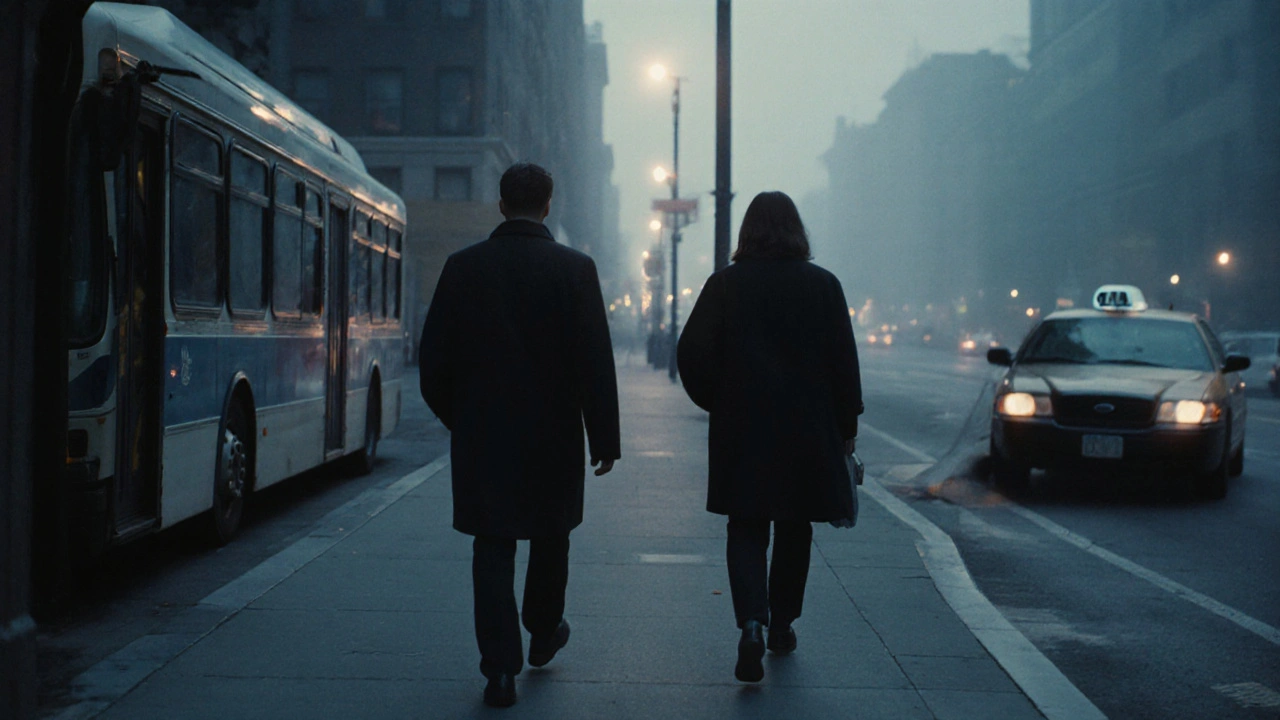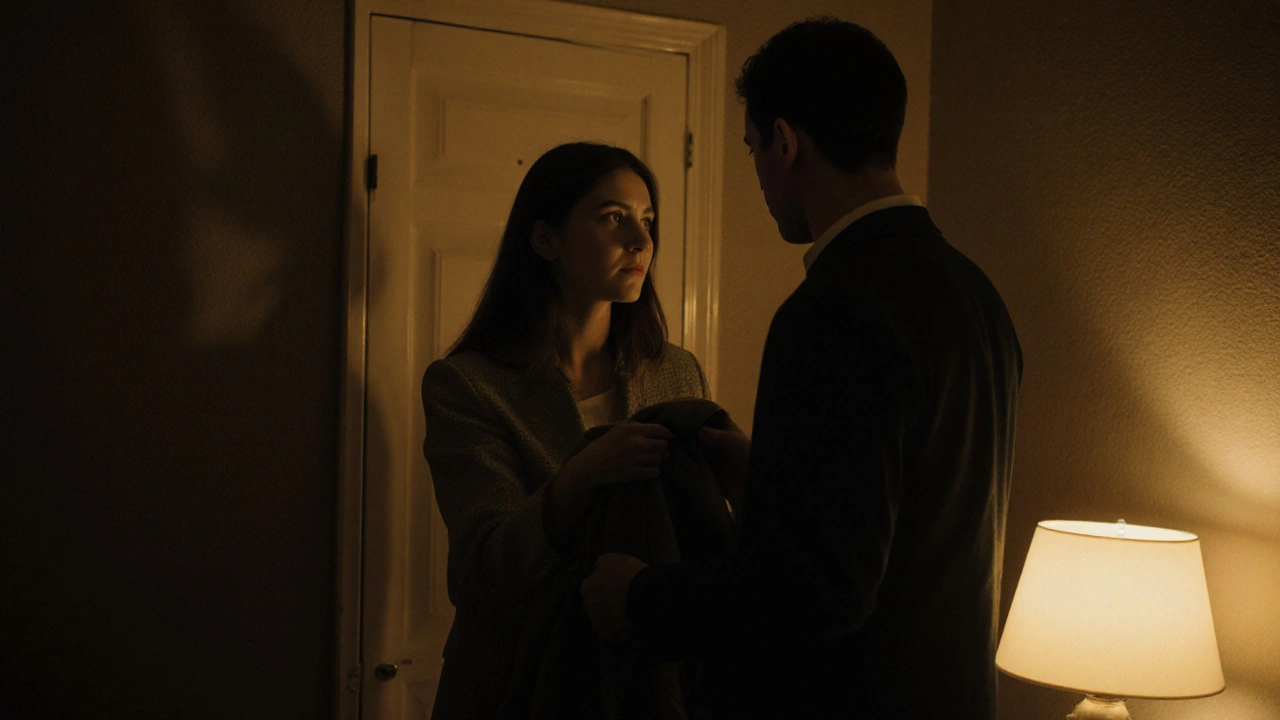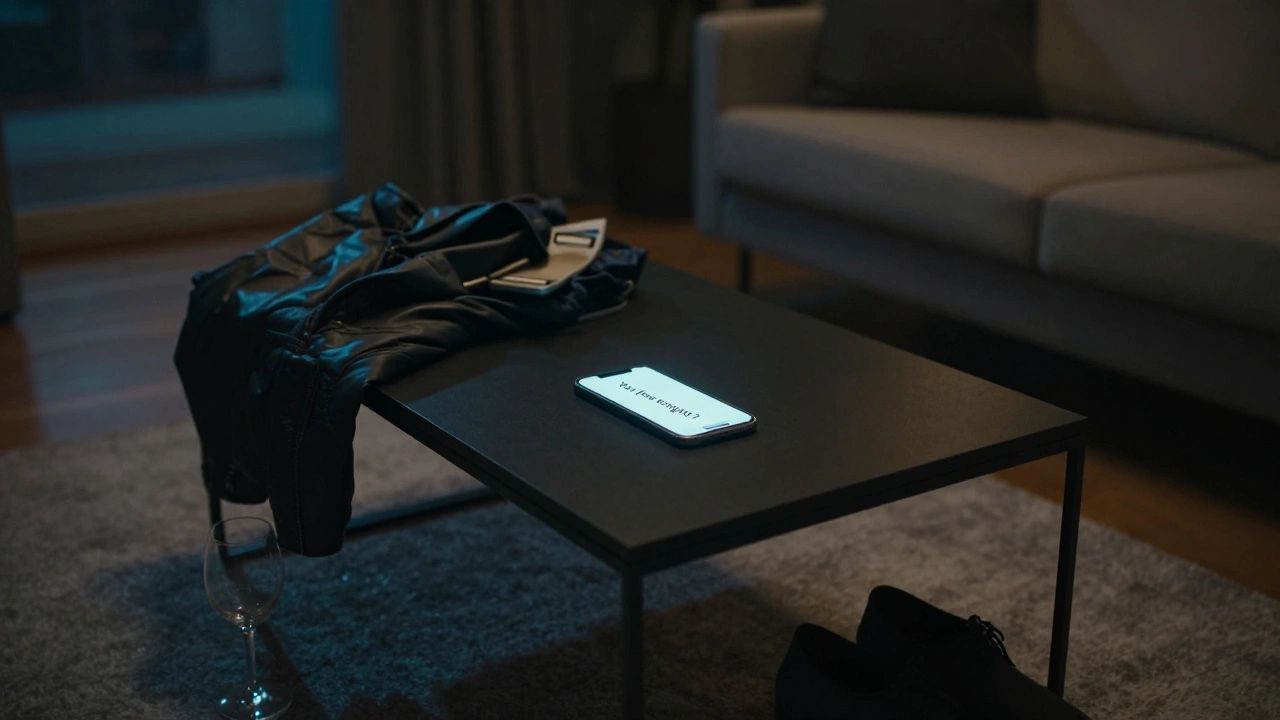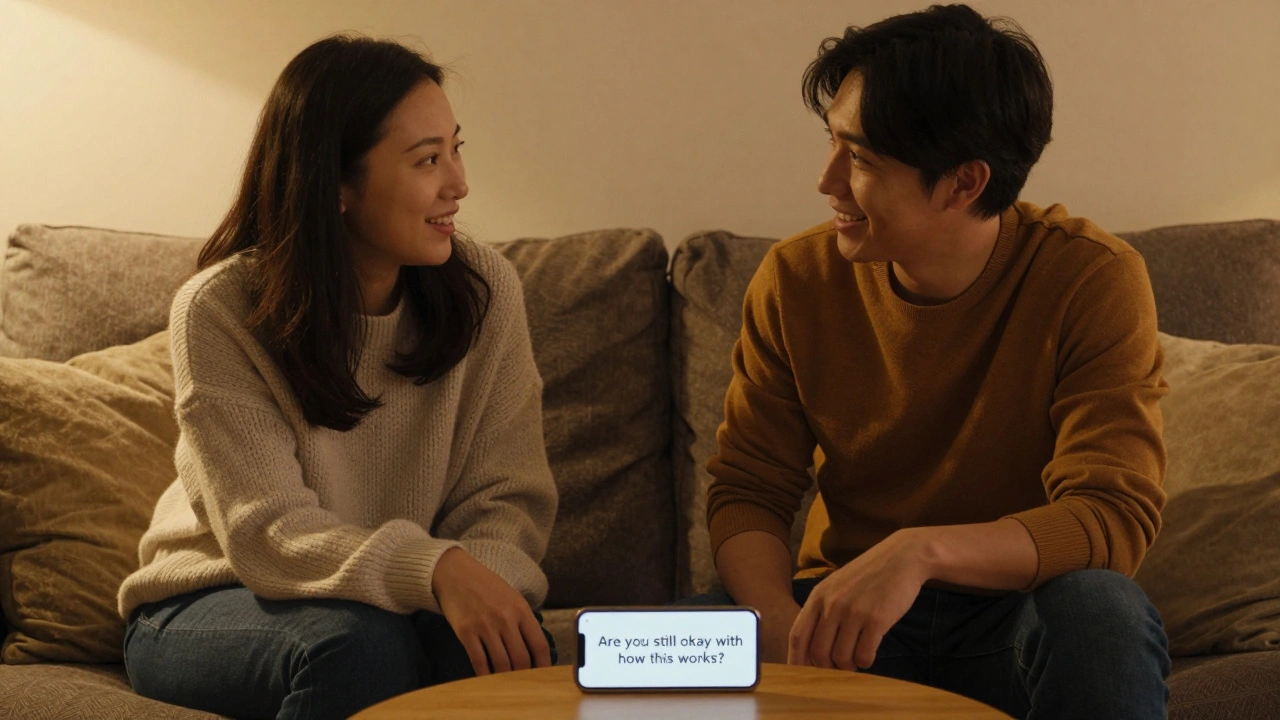Curious about one night stand etiquette? Whether you're just exploring or looking for actionable advice, this guide breaks it down clearly and simply.
What Is One Night Stand Etiquette Exactly?
One night stand etiquette refers to the unwritten rules and respectful behaviors that help make a casual sexual encounter smooth, safe, and considerate for everyone involved. It’s not about romance - it’s about mutual respect. That means clear communication, consent, and treating the other person like a human being, not a transaction.
Many people assume that because it’s casual, boundaries don’t matter. But the opposite is true. Without clear etiquette, misunderstandings happen fast - hurt feelings, awkwardness, even safety risks. Good etiquette turns a fleeting moment into something both people can walk away from without regret.
Why Does It Matter?
It matters because people are still people, no matter how casual the situation. A one night stand can leave emotional ripples, even if neither person intended it. One person might feel used. Another might feel confused. Or worse - someone might feel unsafe.
Good etiquette protects everyone: your reputation, your peace of mind, and the other person’s dignity. It reduces the chance of miscommunication, harassment claims, or public embarrassment. In a world where digital trails last forever, how you handle these moments reflects on you - long after the night ends.
How Does It Work?
- Start with clear, honest communication before anything happens - no assumptions.
- Confirm consent at every stage, not just at the beginning.
- Agree on basic ground rules: Will you text afterward? Will you see each other again? Are you both sober?
- Keep the environment safe - meet in a neutral, well-lit place, or have a way to get home alone.
- Afterward, be polite and respectful. A simple “thanks, I had a good time” goes further than silence.

Pros and Cons
| Pros | Cons |
|---|---|
| Can be emotionally freeing if both parties are on the same page | High risk of miscommunication or hurt feelings |
| No pressure to commit or define a relationship | Can lead to awkward encounters if you cross paths again |
| Reduces pressure from dating apps or societal expectations | Potential for STIs or unintended consequences if safety isn’t prioritized |
| Helps people explore their sexuality without long-term obligations | May trigger emotional attachment in one person, even if unintended |
When Is It Most Useful?
It’s most useful when both people are emotionally available, sober, and fully aware of what they’re signing up for. That means no alcohol-fueled impulses, no power imbalances, and no hidden expectations.
It works best when you’re not looking for love, connection, or a relationship - and you’re both okay with that. People who use it as a way to process a breakup, explore their sexuality, or simply enjoy physical intimacy without strings often report the least regret.
It’s also useful when you’ve already established mutual trust - even if it’s just from a few conversations. A quick text saying, “I’m up for something casual tonight - you?” cuts through the noise and avoids confusion.

Common Mistakes to Avoid
- Assuming silence means consent. Just because someone didn’t say no doesn’t mean they’re okay with everything. Always ask - “Is this okay?” “Do you want to keep going?”
- Staying too long or acting like it’s a date. Don’t make coffee, don’t linger. The moment ends when the physical part does. Stick to that script.
- Texting the next day unless agreed upon. If you didn’t talk about contact afterward, don’t send a “good morning” or a meme. It creates false hope.
- Using alcohol or drugs to lower inhibitions. That’s not consent - it’s exploitation. If either person is impaired, it’s not a one night stand. It’s a risk.
- Ignoring safety. Always use protection. Never share personal details like your address or workplace unless you trust the person completely.
FAQ
Is it okay to want a one night stand?
Yes - wanting casual sex is normal and healthy if it’s consensual and respectful. There’s no moral failing in choosing physical intimacy without emotional attachment. What matters is how you handle it, not that you want it.
Should I tell my partner if I had a one night stand?
If you’re in a monogamous relationship, yes - lying or hiding it breaks trust. If you’re non-monogamous, you should still follow agreed-upon rules. Honesty isn’t just ethical - it’s the only way to protect everyone’s emotional safety.
What if I start feeling attached after?
It happens - even when you didn’t plan for it. Don’t blame the other person. Take a step back. Reflect on why you felt that way. Was it loneliness? Boredom? A need for connection? Use that insight to make better choices next time.
Can a one night stand turn into something more?
It can, but it’s not the goal. If you start wanting more, say so - but only if you’re ready to risk the dynamic. Most one night stands don’t become relationships. Pushing for one after the fact often makes things awkward for both sides.
How do I know if the other person is comfortable?
Look for active cues: eye contact, body language, verbal feedback. If they pull away, hesitate, or seem quiet, stop and ask. “Are you okay?” is always the right question. Comfort isn’t silent - it’s spoken.
What’s the best way to end it?
Be kind, be brief. A simple, “I had a great time, I hope you’re doing well,” is enough. No over-explaining. No guilt-tripping. No promises. Just respect. Walk away with your head held high - and leave them with the same.
What’s Next?
If you’re thinking about trying this, start by being honest with yourself - and with anyone you’re considering. Clarity now saves pain later. And if you’ve already been through one? Use it as a lesson, not a label. Every experience teaches you more about what you want - and what you won’t accept again.






Lippard Babette on 24 November 2025, AT 16:35 PM
Honestly, this is the kind of guide I wish I had back when I was 22. So many of us just wing it and end up feeling weird the next day. Simple stuff like saying 'thanks, I had a good time' and then leaving? Game changer.